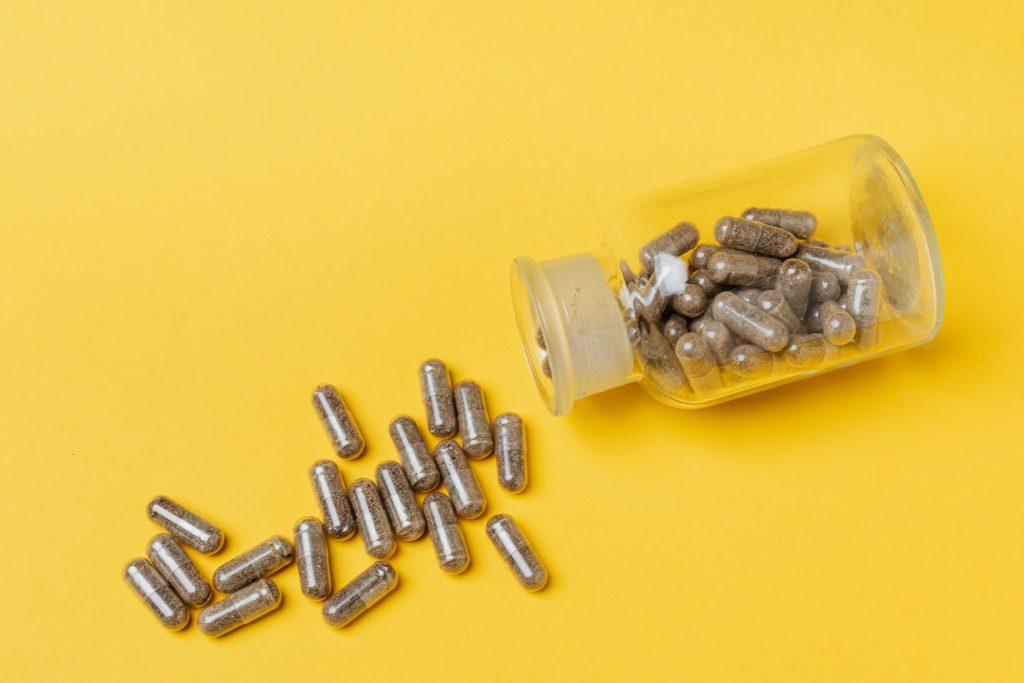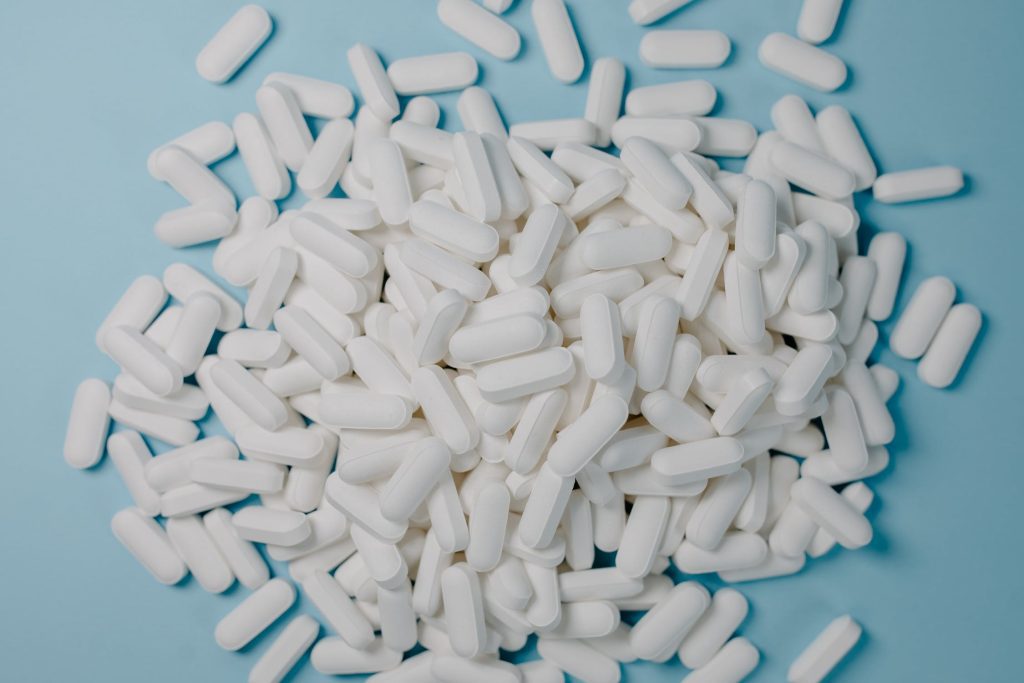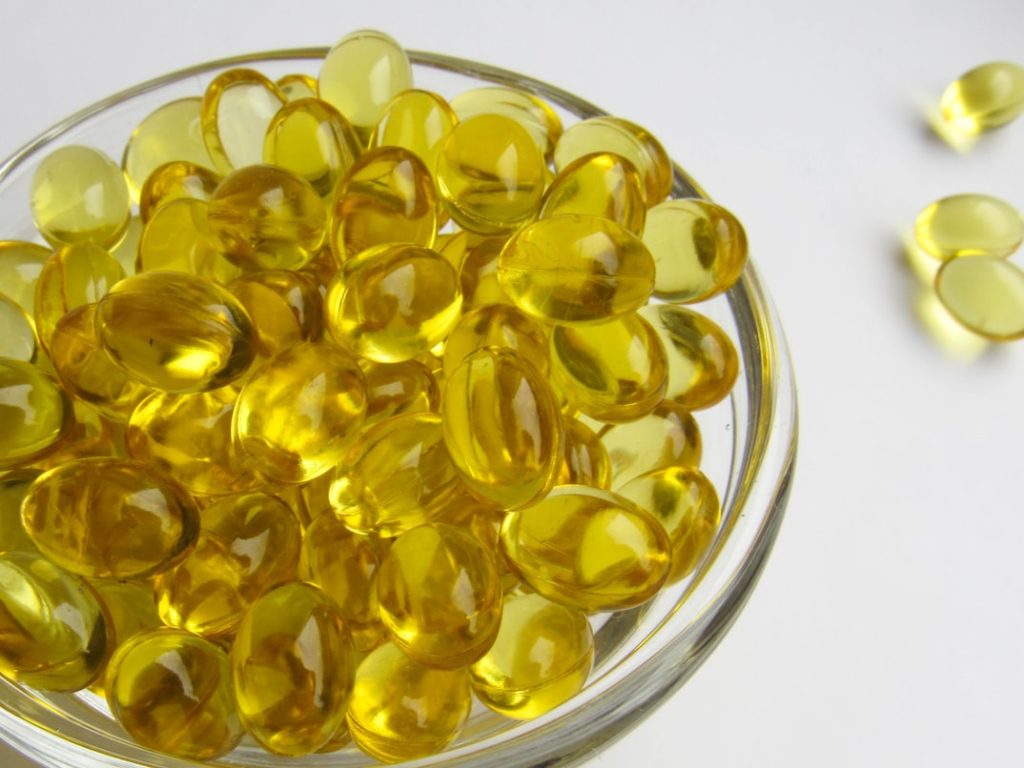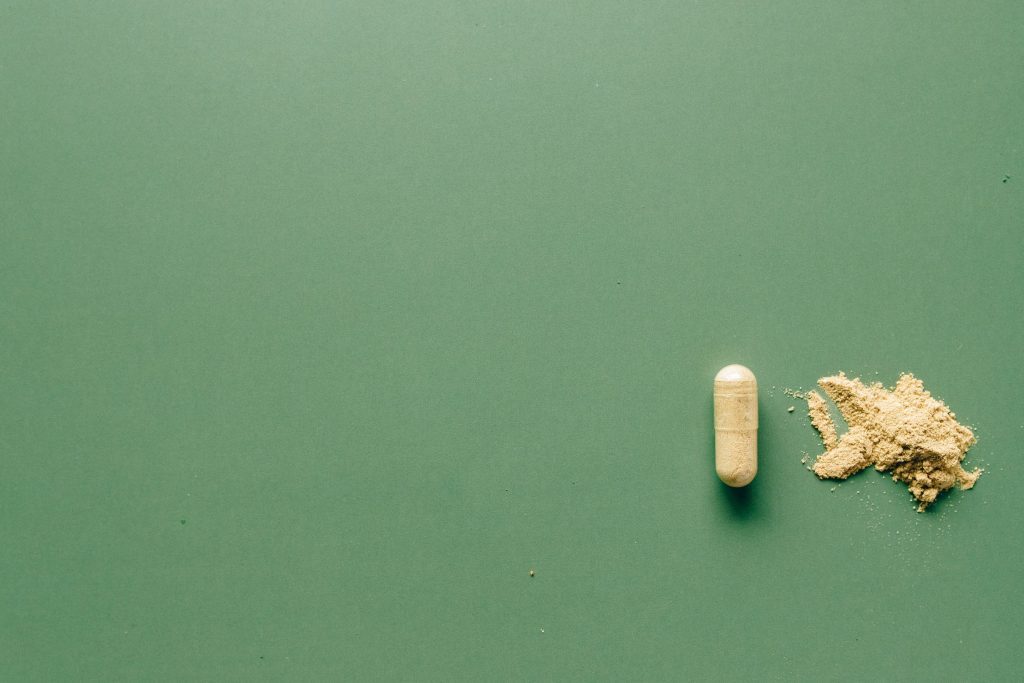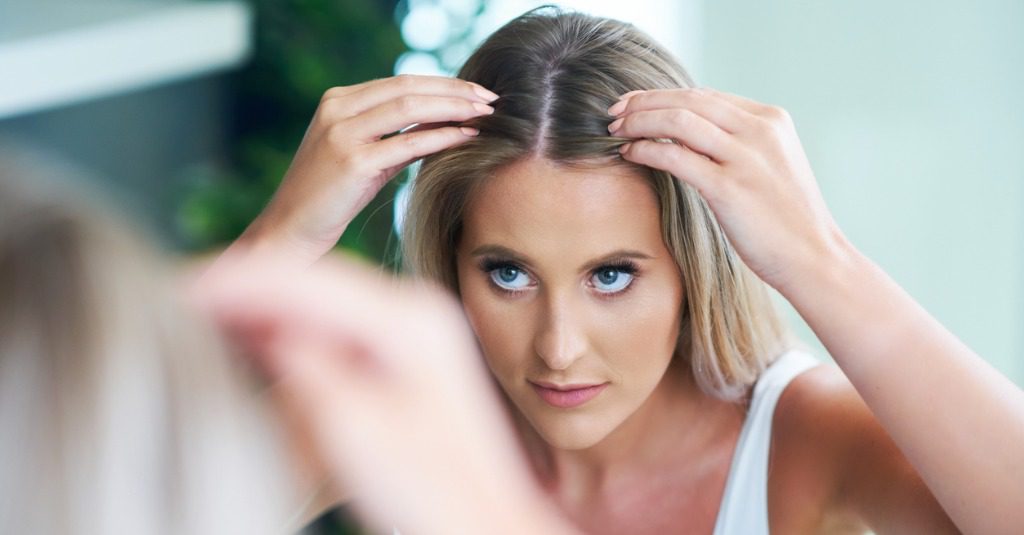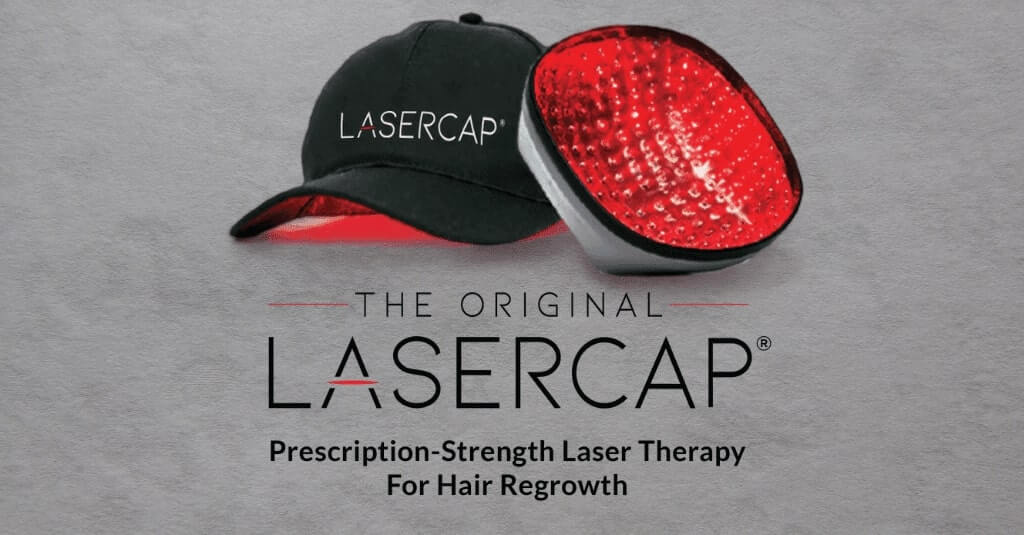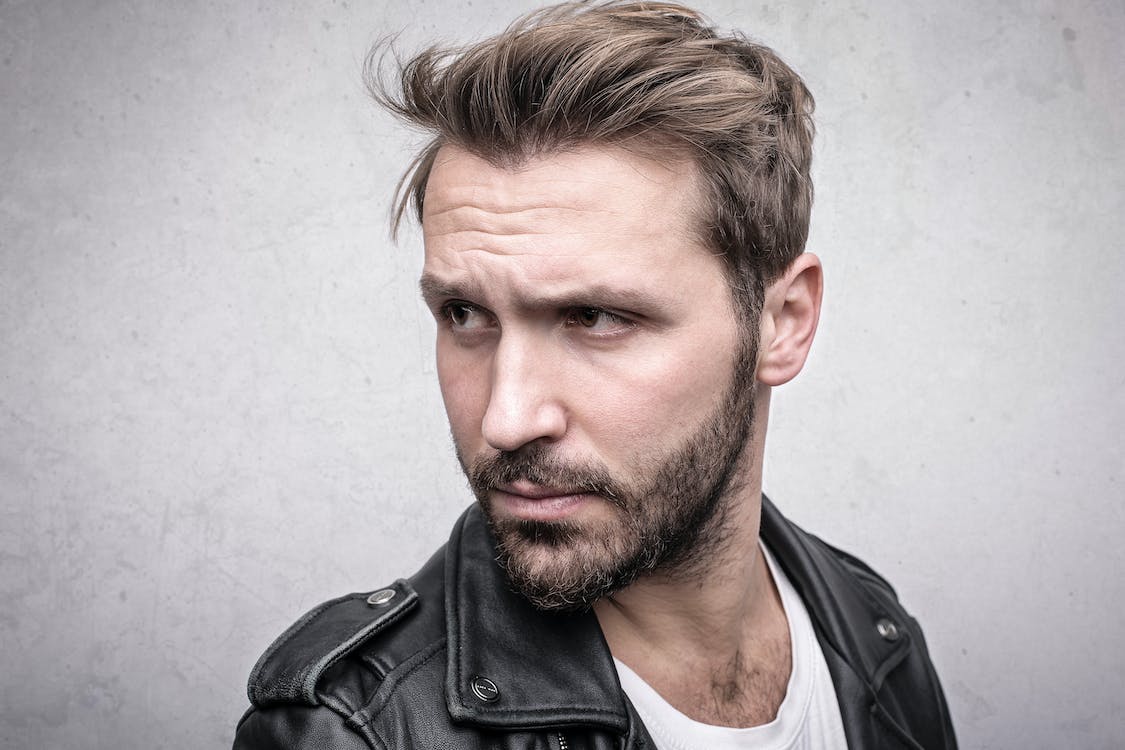The Best Supplements for Hair Loss Prevention
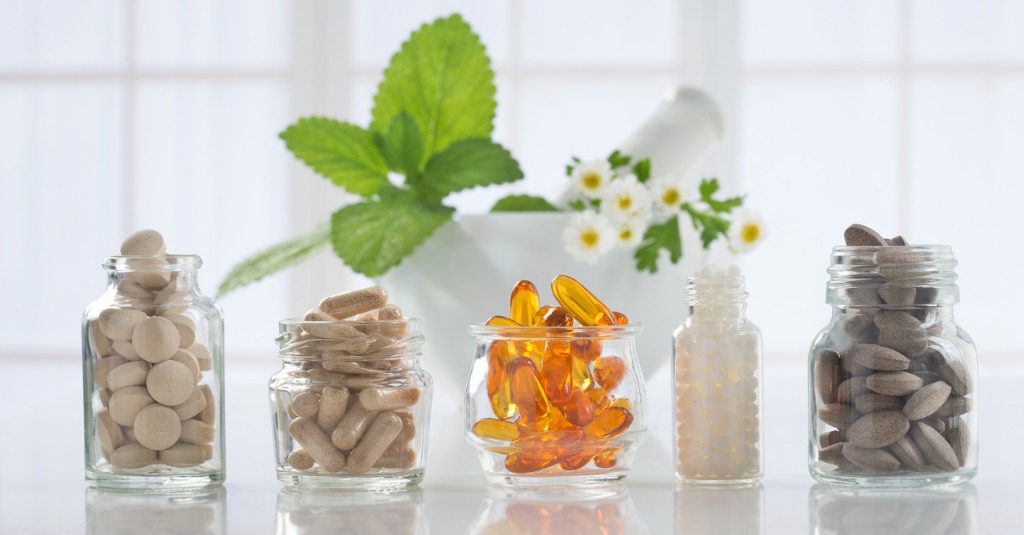
When fighting the battle against hair loss, some lose hair by the handfuls, while others lose just a few strands here and there. Whatever your case may be, it can be a harrowing experience to watch the gradual thinning of your hairline.
There is good news, though. Some supplements may help to fight hair loss and keep your hair and scalp healthy. By adding certain nutrients to your diet, you may be able to promote thicker, healthier hair even if the signs of hair loss have already set in.
While there are no guarantees (and treatment doesn’t automatically equal a cure), the following are among the best supplements for hair loss. These common hair regrowth vitamins and minerals are generally safe, well-tolerated, and worth considering if you grapple with the effects of hereditary or age-related hair loss.
Biotin
Biotin is one of the most common hair supplements on the market. Biotin supplements boost the strength and thickness of hair, which helps fight against breakage. These supplements can also stimulate keratin production, increasing hair growth.
The adequate intake level for biotin is about 30 micrograms per day for adults. You can increase your biotin intake via food or supplementation. Foods rich in biotin include eggs, salmon, avocado, sweet potato, and pork. Talk to your doctor if you want to take biotin supplements, as they can interfere with some medications.
Thiamine
Thiamine (also spelled “thiamin”) is vitamin B1. It was the first B complex to be discovered, and one of the most important. Thiamine is an antioxidant that helps reduce blood vessel constriction, improving blood flow. It is one of the best supplements for hair loss because it increases oxygen and nutrient delivery to the hair follicles, helping them stay young and healthy.
Thiamine deficiency has been associated with dry, brittle hair, and even hair loss. So it’s important to get plenty of this essential nutrient. This hair regrowth vitamin can be found in many hair masks, hair serums, and other treatments because of its well-known benefits. It’s also found in fish, pork, beans, green beans, fortified breakfast cereals, yogurt, and sunflower seeds.
The daily recommended intake of thiamine is 1.2 mg for men and 1.1 mg for women (1.4 mg for pregnant and breastfeeding women).
Iron
Iron is another nutrient that may significantly improve hair health. Iron deficiency is a common cause of hair loss because this mineral is essential for cellular respiration. When iron levels are too low, hair cells don’t receive enough oxygen to produce energy and function properly.
Iron is one of the best supplements for hair loss because it supports healthy cellular function. Foods high in iron include red meat, spinach, pumpkin seeds, and shellfish. The recommended daily iron intake is 19.3–20.5 mg/day for men and 17.0–18.9 mg/day for women.
Vitamin C
Vitamin C is an antioxidant that may help prevent hair follicle damage. One of the best-known and most widely studied hair regrowth vitamins, vitamin C helps your body absorb iron and stimulates collagen production, an essential part of the hair structure.
Foods rich in vitamin C include citrus fruits, strawberries, pineapple, kiwi, red peppers, broccoli, and tomatoes. Adults should aim for 65-90 milligrams of vitamin C per day. Do not take more than the recommended dose, as it can cause side effects such as stomach cramps and kidney stones.
Turmeric
Turmeric is among the best supplements for hair loss because it is shown to promote hair growth. Its natural antimicrobial and anti-inflammatory properties help to ensure a healthy scalp. In addition, turmeric’s active ingredient—curcumin—helps prevent the overproduction of DHT, a hormone associated with the prevention of new hair growth.
Turmeric is easy to find in supplement form, and it’s also one of the primary ingredients in curry powder. About 500 mg of turmeric daily is generally considered an adequate intake. Add turmeric to milk, soup, or scrambled eggs to increase your intake and enjoy its health benefits.
Zinc
Zinc assists in stimulating collagen production. This, in turn, helps the body produce an essential protein called keratin. Keratin strengthens your hair and makes it more resilient. This helps prevent damage and breakage when you brush or style it.
Foods high in zinc include oysters, beef liver, pumpkin seeds, cashews, chicken breast meat (without skin removed), and shrimp. The recommended daily intake for zinc is 11 milligrams per day for adult men and eight milligrams per day for women (over 19 years old).
Flaxseed Oil
Flaxseed oil is a good source of omega-3 fatty acids and has been shown to prevent hair loss. The average daily intake of omega-3 fatty acids should be about one gram per day in the form of oily fish or flaxseed oil supplements. You can achieve similar benefits from other foods rich in omega-3s, including chia seeds, salmon, and mackerel.
Selenium
Like many of the best supplements for hair loss, selenium works largely because of its antioxidant effects. It prevents inflammation by minimizing oxidative stress on your cells, which is essential for promoting hair growth.
In addition, the thyroid gland is also important for supporting hair growth, and selenium has been shown to promote healthy thyroid function. Selenium can be found in a number of popular foods, including enriched pasta, pinto beans, brown rice, seeds, oatmeal, green vegetables, and mushrooms (especially shiitake mushrooms).
The general recommended intake for adults is 55 micrograms every day, though pregnant and nursing women are advised to consume 60 to 70 micrograms, respectively.
Vitamin D
Vitamin D is yet another one of the best supplements for hair loss. Vitamin D deficiency has been linked to brittle hair, which makes it more prone to breakage. Fortunately, it’s easy to restore vitamin D levels in your body. You can increase your vitamin D levels via food, supplementation, and sun exposure.
Foods high in vitamin D include milk, yogurt, salmon, tuna, and eggs. If you prefer to take supplements, aim for 20 mcg or (800 IU) per day. To get vitamin D for free, expose your skin to sunlight for 10-30 minutes daily during midday.
Tocotrienol
Tocotrienols, a type of vitamin E, have been shown to reduce hair loss when combined with other nutrients. The potent antioxidant activity of tocotrienols helps lessen oxidative stress and lipid degradation in the scalp. This, in turn, decreases damage to the hair follicles.
Vitamin E can be found in many foods and is widely available as a supplement. Foods high in vitamin E include sunflower seeds, almonds, spinach, and vegetable oils like olive oil and canola oil. The adequate intake level of vitamin E for adults is about 15 milligrams per day.
Multi-Nutrient Supplements
The nutrients on this list are most effective when combined. When we’re talking about hair regrowth vitamins, minerals, and nutraceuticals, different ingredients address different aspects of hair loss. For optimal results, we recommend using a complete hair supplement.
The best supplements for hair loss contain many of these nutrients, including vitamins B, C, E, iron, and zinc. Each nutrient goes to work to help you achieve thicker, healthier hair. All you need to do is take one or two capsules daily to reap their full benefits.
When the Best Supplements for Hair Loss Aren’t Enough?
Sometimes, supplements alone aren’t enough to prevent hair loss and regrow your hair. If you don’t see results after six months of daily supplement use, you may want to try alternative solutions such as minoxidil or low-level laser therapy.
Like nutritional supplements, low-level laser therapy is an all-natural treatment for pattern hair loss, free from drugs or other chemicals, and is proven to be effective in both men and women. There are a number of low-level laser devices on the market, including The Original LaserCap, the most powerful device currently available. Learn more about how the LaserCap works and get one for yourself today to start restoring your natural hair.

